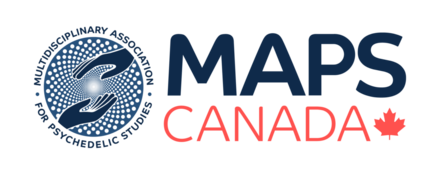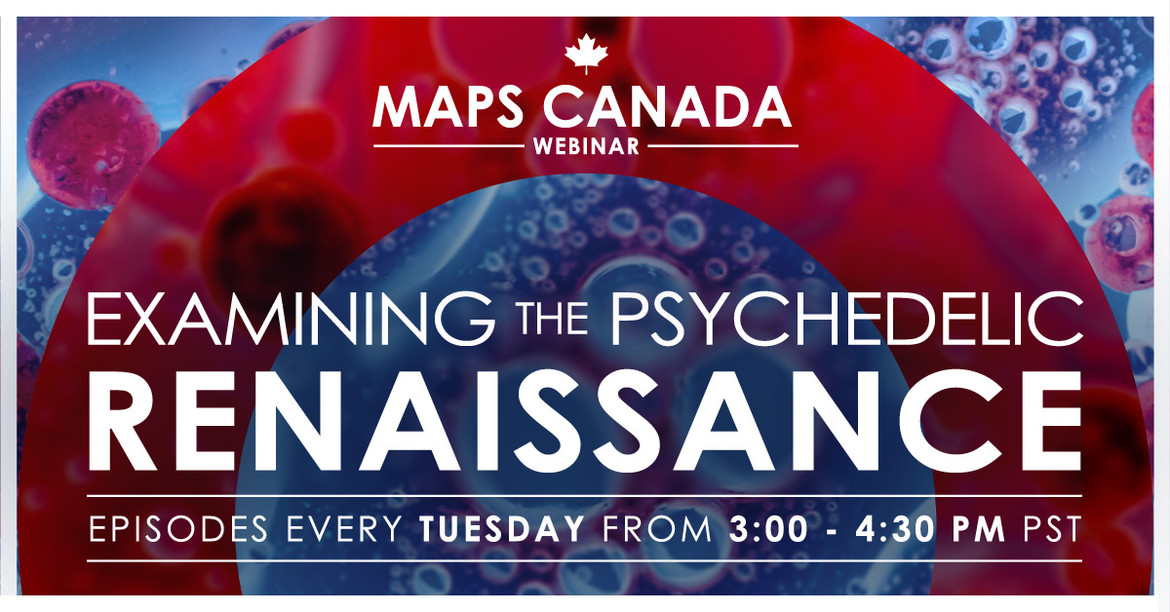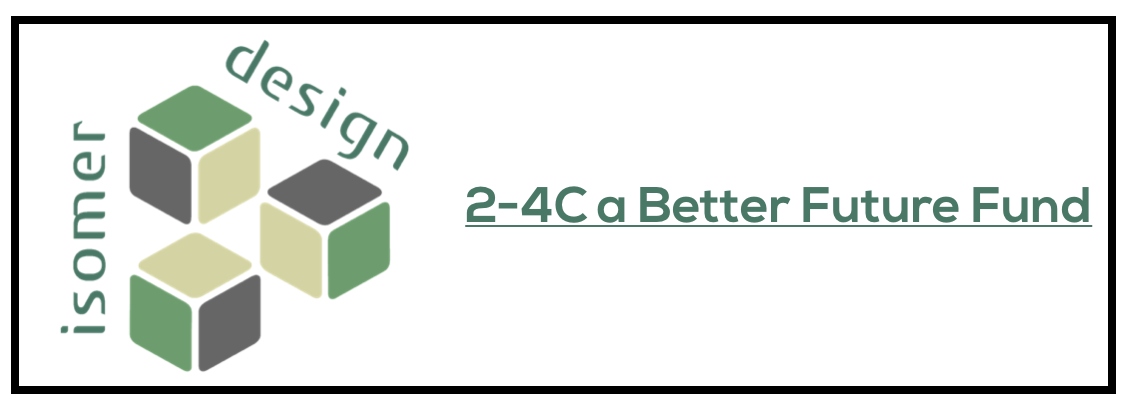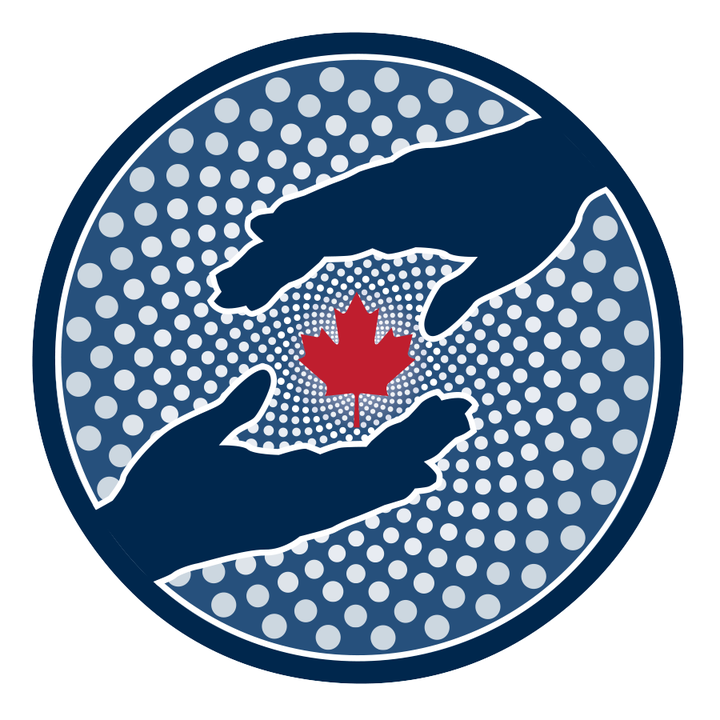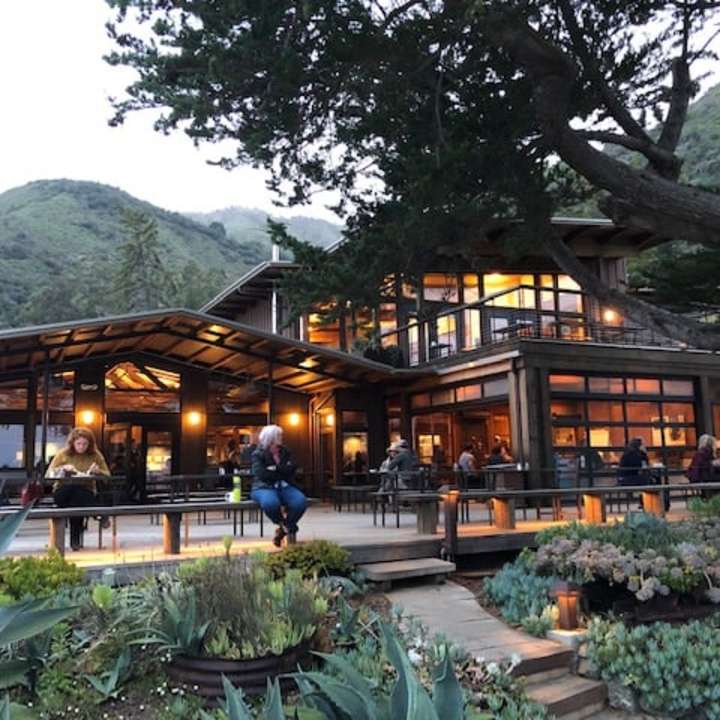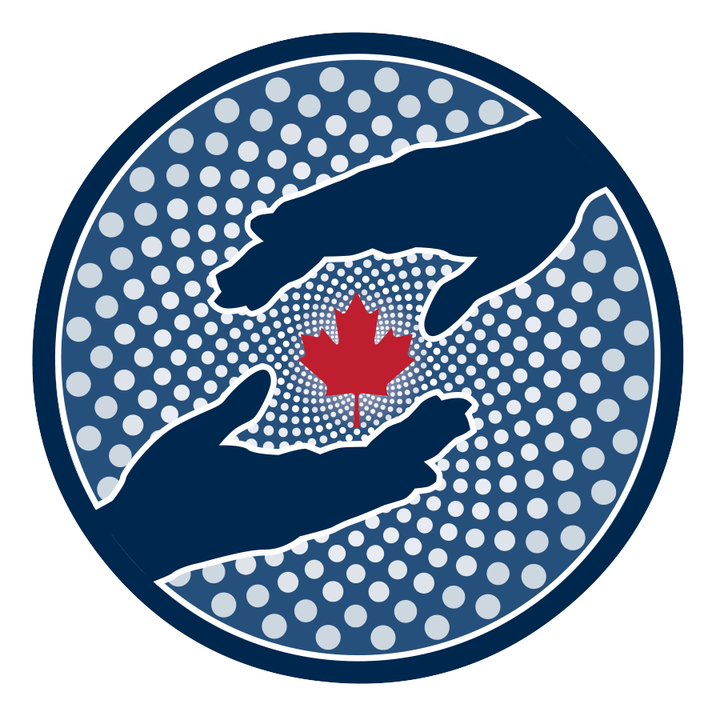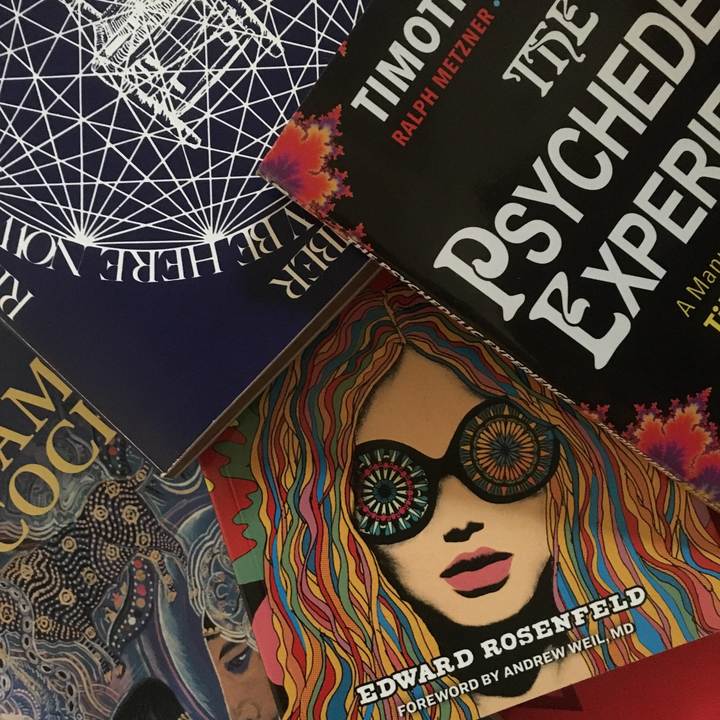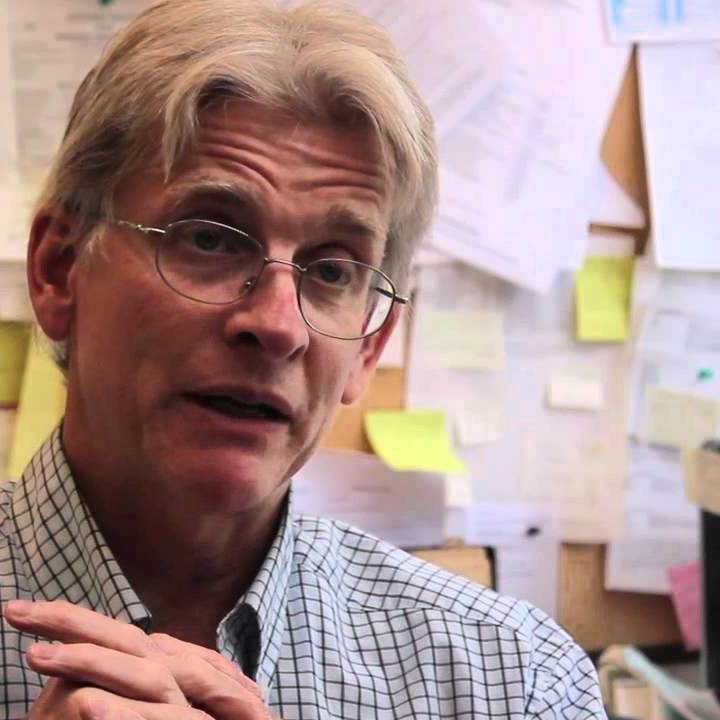Anne Wagner's CPCT Study hasn't added a story.
Cognitive Processing Therapy (CPT; Resick, Monson, & Chard, 2016), a 12-session protocol-based psychotherapy, is one of the treatments with the best evidence for healing Posttraumatic Stress Disorder (PTSD) to date. It comes highly recommended in multiple treatment guidelines (American Psychological Association, 2017; International Society of Traumatic Stress Studies, 2018), and is widely disseminated in different healthcare systems. In the most effective studies, 50-60% of people no longer have PTSD at the end of treatment, indicating that the treatment does not work for everyone. In an effort to improve outcomes for people living with PTSD, we are testing the combination of CPT with MDMA to see if this may be an additional treatment option. The study of CPT+MDMA is the second in a series of pilot studies to test evidence-based PTSD treatments with MDMA and to demonstrate proof of concept that these interventions can be combined. This study also seeks to demonstrate the efficacy, feasibility and acceptability of MDMA administration.
Relationships are fundamental in our worlds – whether they are present or absent, supportive or stressful. When an individual has experienced a trauma and is struggling in its aftermath, not only is the individual impacted, but so are those around them. Treating the aftermath of trauma in the context of relationships therefore has strong potential power. Cognitive Behavioral Conjoint Therapy for Posttraumatic Stress Disorder (CBCT for PTSD) was developed to work with couples in the context of trauma recovery (Monson & Fredman, 2012). CBCT for PTSD has demonstrated decreases in PTSD symptoms, increases in relationship satisfaction and improved partner functioning in numerous trials (e.g., Monson et al., 2012; Schumm et al., 2013). Additionally, MDMA-assisted psychotherapy has demonstrated large decreases in PTSD symptoms across several studies (Mithoefer et al., 2019). Therefore, in an effort to facilitate deep healing in the context of relationships, we combined CBCT for PTSD with MDMA in a pilot trial. This pilot trial, which was run with six couples where one person had PTSD, showed large improvements in PTSD symptoms, larger than those we’ve seen in CBCT alone (Monson et al., under review; Wagner et al., 2019). Additionally, both members of the couple experienced increases in relationship satisfaction. These compelling results have lead us to test this approach with more couples in order to show that it works and creates powerful healing, not only for the person with PTSD, but also for their loved ones. We are aiming to run a trial with 40 couples, one of whom has PTSD, to be able to show the effects of the treatment on a larger scale. If these results are compelling, we would therefore hope to be able to offer this treatment to those who need it.
Combining treatments (MDMA assisted therapy and CPT or CBCT) that are protocol-based allows for a clear template to be used to frame the treatment, and potentially offers a gateway for other therapists who practice these treatments in healthcare settings to then integrate the use of MDMA. Additionally, combining these treatments offers other options for the use of MDMA in the treatment of PTSD beyond a non-directive, supportive model, and allows us to begin to empirically test the active components of treatment in order to most effectively and parsimoniously provide treatment. The pilot study of CBCT for PTSD with MDMA is now complete, with a case study published in the Journal of Psychoactive Drugs (Wagner et al., 2019), and the main outcomes in preparation for submission for publication. The same study investigator team from the CBCT+MDMA pilot study including Dr. Anne Wagner, Dr. Candice Monson, Dr. Michael Mithoefer, and Annie Mithoefer, BSN, will lead the CPT+MDMA study.

Since 1986, MAPS has set out on a mission to change the way we relate to psychedelics by providing evidence-based, honest public education about the risks and benefits of psychedelics.
We need your help to support psychedelic science. It’s time to bring transformation back into people’s lives. One simple way to help support us and gain a lot of value yourself is by attending our Webinar Series! Find out more here.
The Crisis We Are Facing
• By age 40, about 50% of the population will have or have had a mental illness.
• Currently, one in six North Americans will suffer from PTSD in their lifetime.
• Every day, more than 130 people in the United States die after overdosing on opioids.
• In 2018, 4,588 Canadians lost their lives to opiates.
• In any given year, 1 in 5 Canadians will personally experience a mental health problem or illness.
• Suicide accounts for 24% of all deaths among 15-24 year olds and 16% among 25-44 year olds.
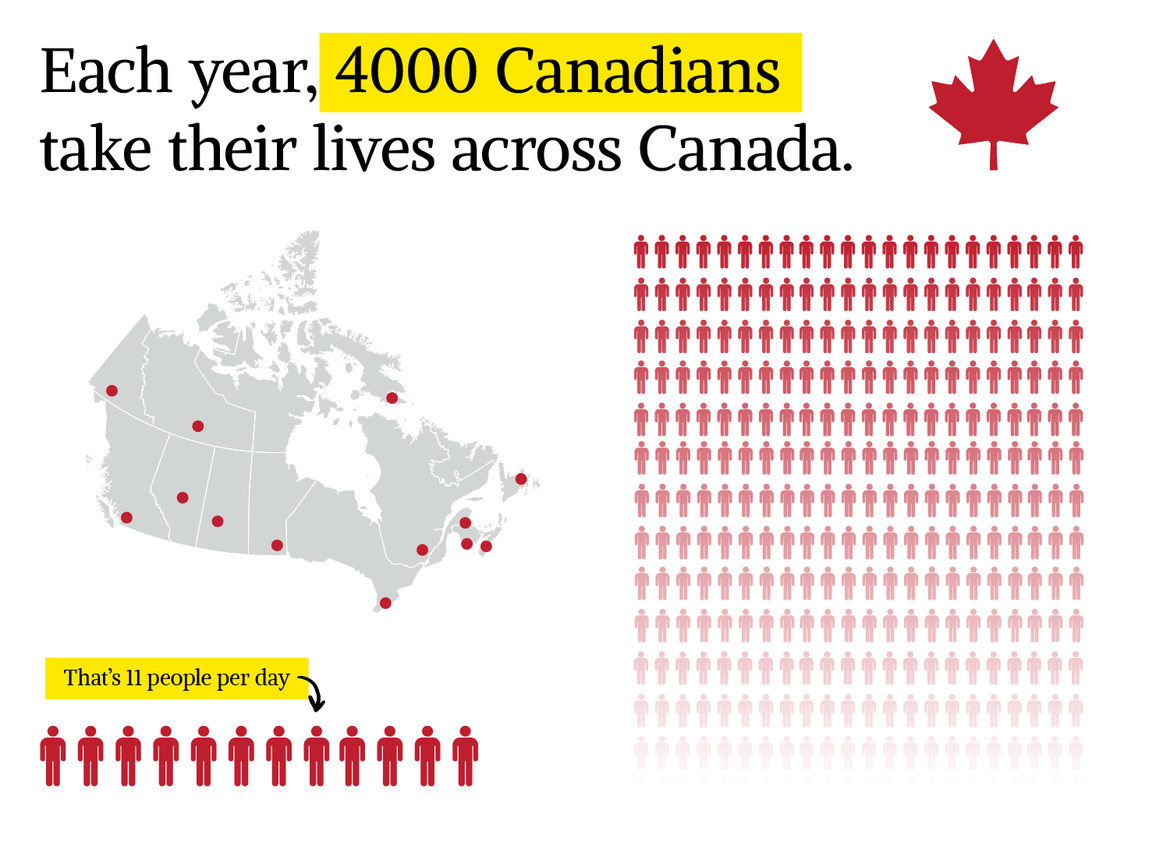
Psychedelics offer transformative ways to treat things like PTSD, depression, addition and other mental illnesses.
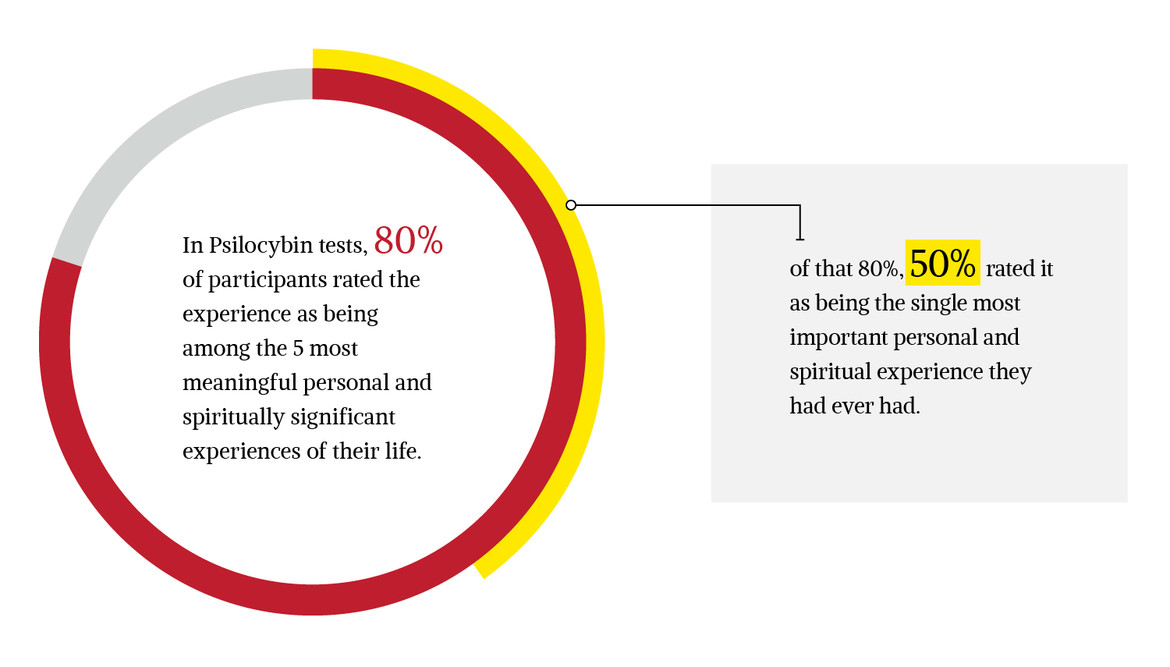
How Can You Help?
It's simple...
- Donate: any and all donations help our cause. Research is expensive and needs financial support.
-
Spread the word:
- Share this campaign with your friends.
- Sharing how psychedelics have personally helped you can be really effective!
- Post to your social media and hashtag #SupportPsychedlicScience on Instagram and Twitter
- Forward this campaign through the social sharing buttons above!
- Start or join a team: Create your own team as part of our campaign, click on register and support this important research with a group of your friends or on your own!
- Support drug policy in your area: Learn about what organizations in your area are doing to combat the stigma around psychedelics and see if you can help!
Where will your money go?
Specifically, donations to this campaign will go directly to helping fund the following current projects:
-
Eating Disorder Study: Phase 1 has been funded.
We now need more support to bring psychedelic treatments to those
suffering from eating disorders
- Cognitive Processing Therapy for PTSD: Two separate studies that will be looking at individual and couples therapy.
- Ibogaine Treatments: Ibogaine has demonstrated incredible effectiveness at treating things like opiate addictions. M.A.P.S would like to bring attention to this medicine and fund studies focused on the efficacy and safety of Ibogaine use.
 If you help fund MAPS Canada, we
will help change the world
If you help fund MAPS Canada, we
will help change the world
A bit of History
In the early 1950s, psychedelic drugs were considered promising treatments for a broad range of psychological and psychiatric conditions. Due to misinformation, ignorance and political pressure, their legal use for healing purposes and the advancement of psychedelic research was halted in the 1960s despite the growing interest and support of the medical community including psychologists, psychiatrists, scientists, and researchers.
-
MDMA was first made in 1912 and was used to improve psychotherapy in the 1970's. Both the non-medical and therapeutic use of MDMA were made illegal in 1985.
-
Currently, one in six North Americans will suffer from PTSD in their lifetime.
-
PTSD is highly correlated with depression, addiction, and suicide.
-
According to a study published in the CNS Neuroscience & Therapeutics Post-traumatic stress disorder (PTSD) has become a global health issue, with prevalence rates ranging from 1.3% to 37.4%.
-
58 veterans committed suicide after their service in the Afghan War; many of them had PTSD.
-
A study published in JAMA Psychiatry determined that roughly 271,000 Vietnam vets still have full war-zone-related PTSD that meets some diagnostic criteria 40 years after the war.
With your help, we can continue to change these alarming statistics and support the legalization of psychedelic medicine.
MAPS Canada is in the process of
conducting research investigating the effectiveness of
psychedelic assisted psychotherapy for the
treatment of various mental illnesses with full approval and
involvement from Health Canada and the U.S. Food and Drug
Administration (FDA).
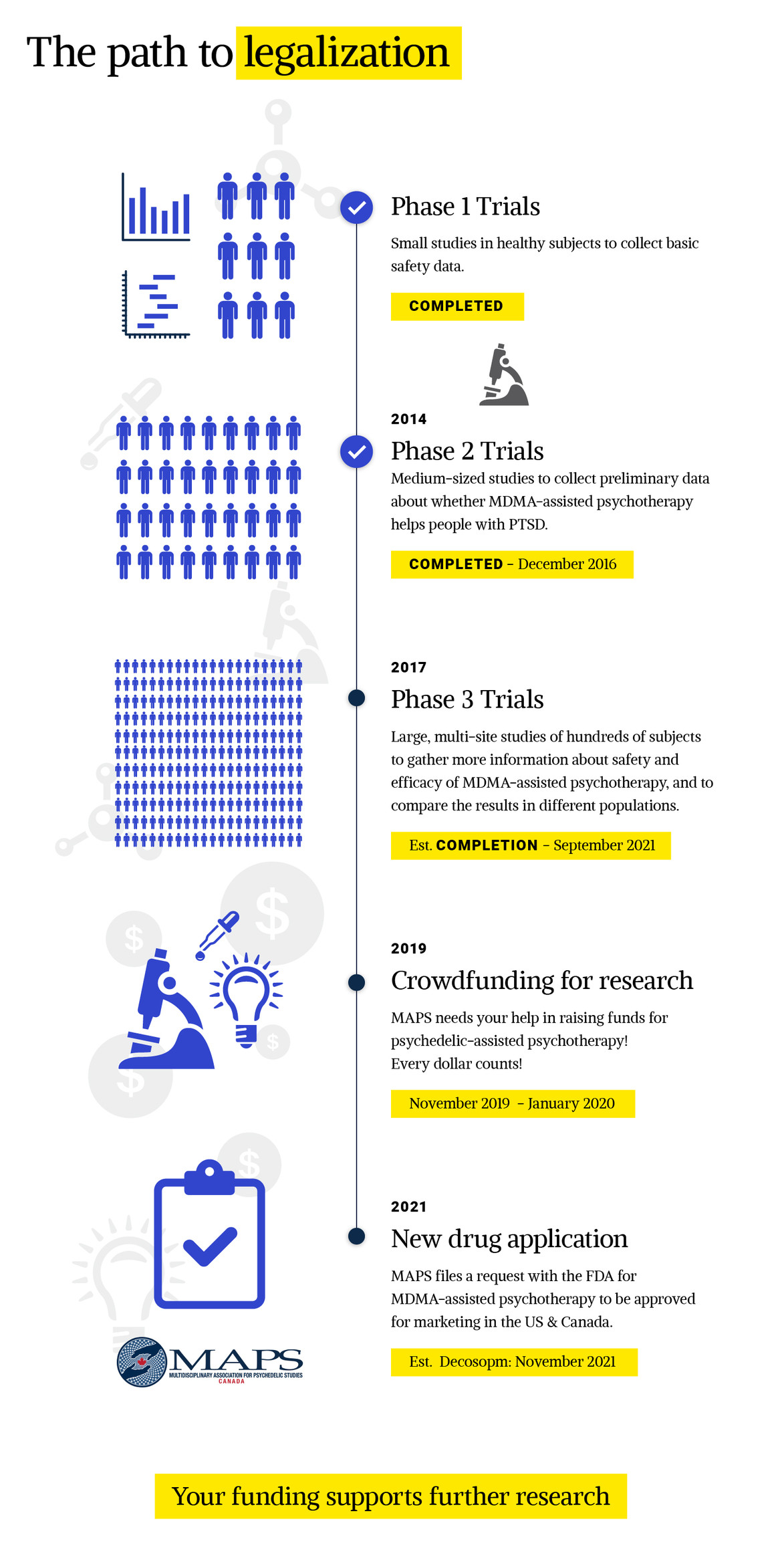
Matching Contributions
If you would like to sponsor this campaign and match our donor's contributions please contact us. We will feature you in our campaign page and in our ongoing correspondence.
Contact Us
Thank you to our Sponsors
 Omid Pakbin Omid Pakbin |  Spirit Plant Medicine Spirit Plant Medicine | 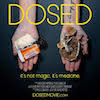 DOSED Movie
DOSED Movie |
|
Thank you for your support!

Statistics Used on this page can be found at the following...
• https://cmha.ca/fast-facts-about-mental-illness
• https://cmha.bc.ca/documents/depression-2/
Artwork and photographs by...
• Graeme Beamiss
• Steven Quinn
• Dan Ioanitescu (https://designerdan.ca)
Perks
- 3 remaining
Enjoy this "once in a life-time" opportunity to spend two nights at beautiful Esalen in Big Sur, California... with Mark Haden. Esalen, or the Esalen Institute: A retreat center in Big Sur, California, founded in 1962 to explore the various methods for expanding consciousness that often go under the umbrella of the human potential movement. Esalen was closely identified with the psychedelic movement before the drugs were banned; in the years afterward, a series of meetings took place at Esalen where strategies to rehabilitate and restart research into psychedelics were developed. Many psychedelic guides now working underground received their training at Esalen. (from Michael Pollan's Book) This perk includes 2 nights accommodations, meals, flights and transport to the retreat center.
- 0 remaining
Show your support by wearing a very special Limited Edition MAPS Canada T-Shirt, designed specifically for this campaign!
- 0 remaining
Enjoy the best from Mark Haden's private book selection! Receive five (5) hand-selected books from Mark's collection, personally signed by Mark!
Highlights
See all activity1Activity
- 3 remaining
Enjoy this "once in a life-time" opportunity to spend two nights at beautiful Esalen in Big Sur, California... with Mark Haden. Esalen, or the Esalen Institute: A retreat center in Big Sur, California, founded in 1962 to explore the various methods for expanding consciousness that often go under the umbrella of the human potential movement. Esalen was closely identified with the psychedelic movement before the drugs were banned; in the years afterward, a series of meetings took place at Esalen where strategies to rehabilitate and restart research into psychedelics were developed. Many psychedelic guides now working underground received their training at Esalen. (from Michael Pollan's Book) This perk includes 2 nights accommodations, meals, flights and transport to the retreat center.
- 0 remaining
Show your support by wearing a very special Limited Edition MAPS Canada T-Shirt, designed specifically for this campaign!
- 0 remaining
Enjoy the best from Mark Haden's private book selection! Receive five (5) hand-selected books from Mark's collection, personally signed by Mark!
Set as ?
The campaign video will appear in social media and email.
The campaign cover picture will appear in social media and email.
The will appear at the top of your campaign page and in social media and email.
Reset ?
It will be removed from the top of your campaign and won't be used as default in social media and email. The will remain in the media gallery.
Share
Embed
Share a link
Delete update
Delete this story update?
Any pictures or videos will remain in the campaign's media gallery.
Report campaign
Report submitted
Thank you. We take reports like yours very seriously. Our goal is to keep the community safe.
Please know that we may contact you for more information, but that we won't notify you personally of our decision. If the campaign remains available within a few days, it's likely that we determined it not to be in violation of our policies.
Thank you. We've already received your previous report. If the campaign remains available within a few days, it's likely that we determined it not to be in violation of our policies.
Tell us about the problem. Please fill in both fields below.
Record a video
Upload a video
Nothing grabs attention for your cause like a personal video. Take a minute or two to record one now. Record a short video message of support. Or upload one from your device. You can preview or redo your video before you post it.
Nothing grabs attention for your cause like a personal video. Upload a short video message of support. Upload a short video message of support. Or record one right now.
- Most effective video length: about a minute.
- Maximum length: 5 min.
- You can preview or redo your video before you post it.
Heads up! The existing video will be replaced.
Email your friends
Join our team
Your endorsement banner
Use your endorsement banner to tell why our cause matters to you. Such personal endorsements are proven to increase campaign contributions. When enabled, your endorsement banner appears at the top of the campaign for everyone who visits a link you shared.
You can always adjust your endorsement from the campaign Share page—even if it's been disabled.
Your message
Tell people why our cause matters to you. Your personal message will encourage others to help. Easy, effective, optional.
Say it in video
Short personal videos by supporters like you are incredibly powerful. Record one right now and you'll help us raise more money. Easy, optional, effective.
Add a personal goal
Set a personal fundraising goal. You'll encourage more contributions if you do. And rest easy. There's no obligation to achieve your goal or bad consequences if you don't. Easy, optional, effective.
We have a video!
Video thumbnail
We'd love to show you our campaign video. Want to take a look?

, you're already on the team.
